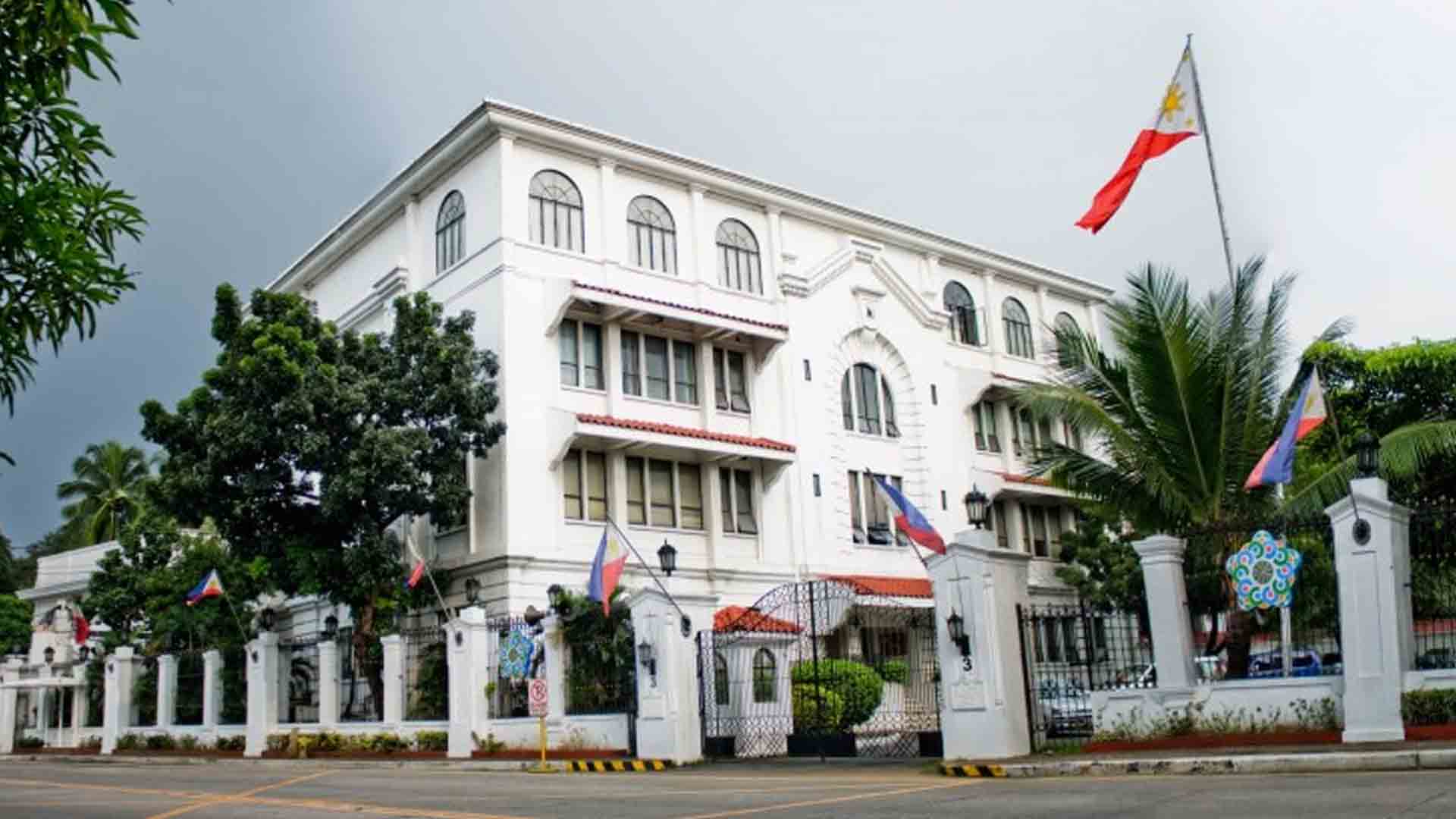President Rodrigo Duterte has ordered not to make mandatory the Motor Vehicle Inspection System (MVIS), Malacañang said Thursday.
Presidential Spokesperson Harry Roque said Duterte arrived at this decision to “balance” the needs of the public amid the prevailing Covid-19 pandemic.
“Hindi na po mandatory ang MVIS. Ibig sabihin, kinakailangan walang bagong singil, walang karagdagang singil para sa pagpaparehistro ng mga sasakyan (The MVIS will no longer be mandatory. Meaning, there will be no additional fees in registering your cars),” he said in a Palace press briefing.
The Senate committee earlier recommended the temporary suspension of the operations of Private Motor Vehicle Inspection Centers (PMVICs) amid questions of law and complaints from motorists.
Senator Grace Poe, chair of the Senate committee on public services, expressed concern that the lack of transparency in the selection of the PMVICs “might provide an avenue for corruption.”
Senate President Pro Tempore Ralph Recto also questioned the legal basis of privatizing the vehicle inspection program.
Under the new MVICs, vehicles to be registered must pass a stringent 73-point inspection system to be conducted in three stages with the use of state-of-the-art equipment that sends, automatically and in real-time, the results to the Land Transportation Office’s IT (information technology) system.
In the old LTO system, the roadworthiness test is done through visual and manual inspection since the equipment are already worn-out and obsolete.
While the old MVICs rely on manual visual inspection, vehicles to be registered now with the LTO will be tested using minimal human intervention since these are already automated.
Child car seat law deferred
Roque also confirmed that Duterte has also ordered the deferment of the implementation of Republic Act 11229 or the Child Safety in Motor Vehicles Act.
“Nagdesisyon na ang ating Presidente. Ipinagpaliban o deferred ang pagpapatupad o implementasyon ng child car seats (The President has decided to defer the implementation of the child car seats),” he said.
He also agreed with the statement made by Deputy Speaker Cagayan de Oro Rep. Rufus Rodriguez that a bill should be passed to suspend the law’s implementation.
“His [Duterte’s] decision not to implement will be basis to amend the law,” he said.
Senator Christopher “Bong” Go was first to announce the suspension of the law over the weekend, saying it was not the proper time to enforce the law.
The full implementation of RA 11229 was supposed to take effect on Feb. 2 but was deferred due to the current economic situation in the country amid Covid-19 pandemic.
RA 11229 mandates the use of child restraint systems (CRS) among children 12 years old and below with a height of 4 feet 11 inches and below.
The CRS must comply with standards set by the Department of Trade and Industry (DTI) as specified in DTI Department Administrative Order No. 20-03, and other international standards including those under the United Nations Regulations 44 and 149.
Those who use expired or non-compliant child car seats will face a fine of PHP1,000 for the first offense, PHP3,000 for the second offense, and PHP5,000 for the third offense.
Manufacturers or sellers of non-compliant child car seats and those who fake compliance stickers will have to pay a fine of PHP50,000 to PHP100,000. (PNA)







